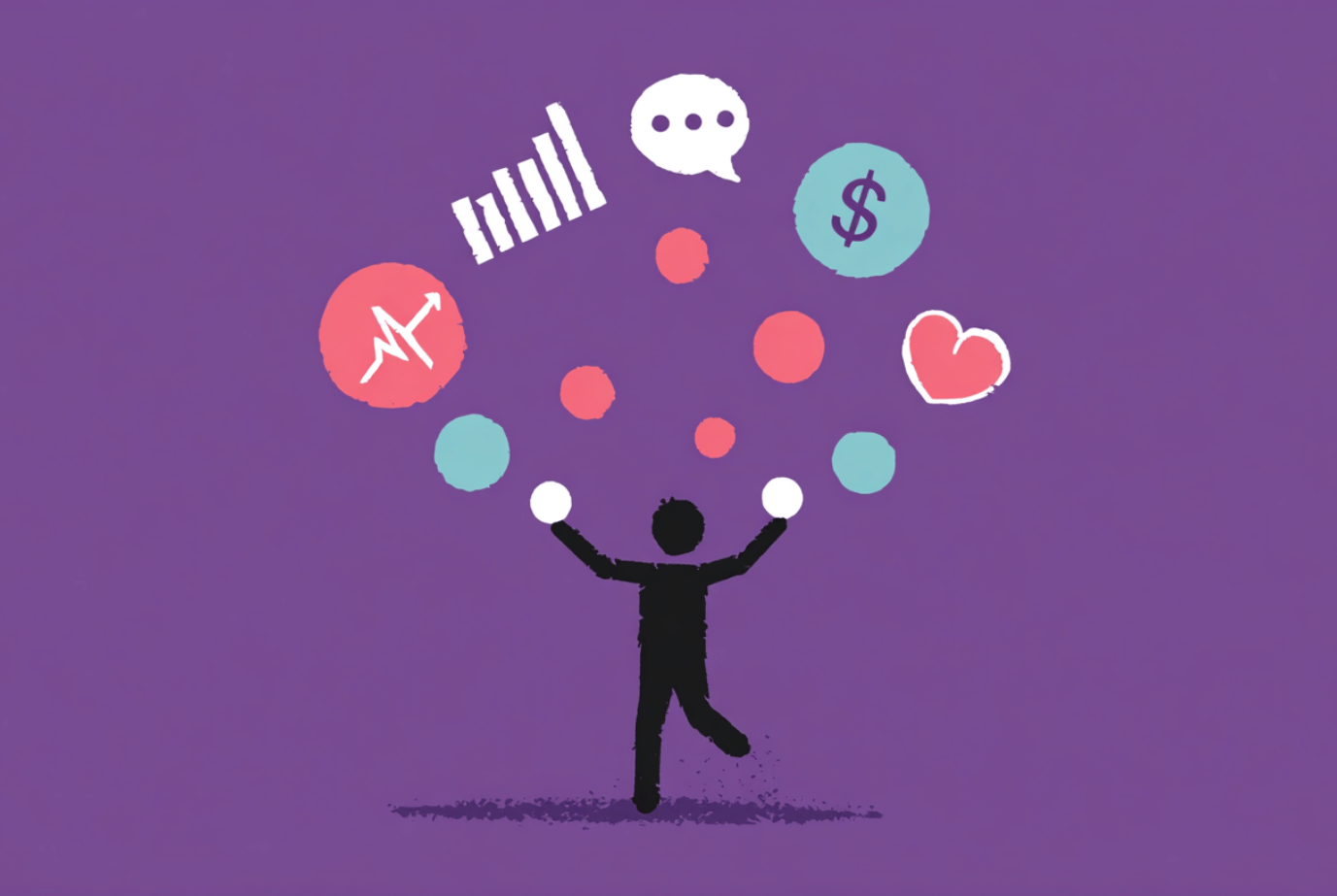In November 2021, I started a new Customer Success role at a Managed Services (IT) company. My previous two CS roles were at SaaS companies, so this was new territory for me. I came to realize very quickly that IT was a very different world than SaaS, even though my job title was the same. Around the time I finally felt comfortable speaking to our product and IT in general, I was laid off along with 15% of the company. I knew I wanted to get back into SaaS.
After many applications and interviews, I accepted a CSM role at Totango, a Customer Success software company. “Perfect!” I thought, “This is not only the space I want to be in, but I will be a CSM for CSMs!” I accepted that role six months ago. The product is extremely complex and while I was still trying to learn the product, I needed to be a trusted advisor and product expert to my clients. That’s what they expected of me and what I needed to deliver.
Have you ever been in that situation? Trying to navigate a complex product while at the same time speaking to clients who depend on you to be their “all-knowing” product guru?
You’re not alone.
While navigating these two complex products in these two roles, I have learned a thing or two about staying the course through situations like this. As Customer Success Professionals, so much is required and hangs on our shoulders. It can sometimes be overwhelming, especially when we don’t know the product or service we represent very well yet.
If you are in this situation right now, I’m with you. It can be daunting and seemingly impossible, but I promise it will improve.
The good news, my fellow CSMs, is that we have an embarrassment of resources regarding how to do our jobs well. This applies to general Customer Success and resources that will help us with our specific job duties and product knowledge.
Here are the resources I have used and how I have used them to learn my complex products while at the same time being the best Customer Success Manager I could be:
My Company’s How-to Guides
Unless you’re at a very early-stage startup, you should have many helpful resources available. Totango has a huge Knowledge Base with hundreds of articles our customers can reference anytime. They also have Creator Campus with many self-paced courses and free webinars.
After reaching my 6-month mark, I was still diving into the Knowledge Base and re-doing the self-paced courses. They were invaluable, and I always referenced them on my clients' calls. These resources were made with Totango clients and our internal CSMs' training and development in mind.
My employer before Totango also had a lot of onboarding videos that I would constantly re-reference throughout my time there. Since this job also involved learning an entirely new industry, these videos were helpful for me to keep on top of the “lingo” of the IT space so I could stay fresh on how I communicated with my clients.
No matter how long you have been with a company, you’re never too tenured to reference onboarding and training material. While at Totango, I set a goal to read one Knowledge Base article daily to stay fresh and learn new things.
Marketing Materials
At Totango, we had a company blog about new product releases, how to create Customer Success processes, the latest news within the Customer Success space, and much more. I referenced things I had read from our blog many times when a client would ask about things like optimizing and implementing internal processes.
Whatever space your company is a part of, it should have many marketing materials (blog, podcast, communities, etc.) that will help you know how to better speak to your product or service.
I wish I had spent more time diving into the marketing materials at other Customer Success gigs I’ve had since marketing materials are designed to communicate directly to your client base. It speaks to their daily thoughts and concerns and discusses things that matter to them. Both of these are important for you as their CSM to have in mind in all your interactions.
Also, podcasts are a great way for your company to spotlight industry leaders. Not only will you learn more about what your clients want by listening to your company’s podcast, but it will also allow you to connect with industry leaders (the guests on the podcast) on LinkedIn and grow your network.
Here is a simple message that could lead to a connection that could make a big and positive impact on your career.
“Hi, you were on my company’s podcast, and I loved what you had to say. I would love to connect!”
And, of Course, Your Teammates
The most important resource of all is your teammates.
While a CSM at the IT company, I was constantly on Slack messaging my manager and other fellow CSMs. Luckily, we had a pretty big team, so I could spread my questions amongst the team and not be the number one poster in our team channel nearly every day.
I did the same at Totango. After 6 months at Toatngo, I learned where to direct certain questions and when to direct my customers to our Support team.
The more questions you ask, the more you will learn about your product or service, your company’s internal processes, and which teams can assist with what. This is extremely valuable information for every CSM to know.
One common practice that I’ve followed with using my teammates as resources while I’m in the thick of learning a complex product is to take it one question at a time and not try to learn everything at once. When a client asks a question I don’t know the answer to, I’ll write it down and right after the call, ping the team. I know this sounds like a “No DUH” moment, but there have been many times where I have put off asking the team and have tried searching for the answer myself. While this is not a bad way to learn things, if you are in the beginning phase of learning a very complex product or service, I highly recommend going straight to the source of all your answers (your team) immediately. This will save you a lot of time and stress, at least for the first few months of servicing clients. I’m speaking from experience on this one.
While your clients look to you as their product expert, they also understand you’re human. And so does your team. Odds are that if you’re struggling, they all did at one time too, or still are. So lean on them for support and they will do the same with you.
So if you are reading this and you can relate to it on a spiritual level, please remember that you’re not alone. Keep your head up high, take deep breaths, and know that what you’re learning now will be valuable information throughout your Customer Success career. We’re client-facing professionals and client-facing professionals need to be strong in juggling product knowledge, client relations, and cross-functional communication.
You got this, friend!



.png)


